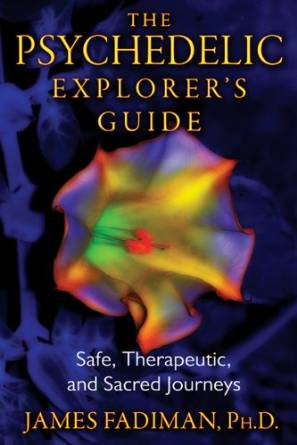
Some of Our Best Teachers are Banned
I’m not sure if you’ve noticed, but boundaries are
evaporating. What’s in their place? New consciousness.
Let me give you an example. We used to draw a boundary
between sentient and non-sentient beings. Us and the animals, and the insects,
etc. were the sentient ones. Plants and rocks were the non-sentient ones. Then
Cleve Backster, with his little wires, amazed us (at least those of us who don’t
grow plants) by showing that a plant reacts to our energy, our negative or
positive thoughts. I’m sure many plant lovers already knew this, as they spend a
lot of time talking and cooing to their little ones. OK, so plants can feel.
Well, modern botanists have been discovering the many ways in which they detect
changes in their environment and respond accordingly. I’m not just talking about
detecting the sunshine and turning toward it. I’m also referring to detecting
the approach of insects and other beings who’d like to chomp down on the plant,
and the defensive “spray,” and other remedies the plant can summon to protect
itself.
Not
only can plants respond and react, but some of them can also TEACH! How can that
be? That’s a great mystery to understand, but countless folks have experienced
their teachings! Socrates was banned, too, and so have been these teachers the
last few decades, but maybe that will change. I’m saying all this to bring to
your attention a book that, were it to come out today, might be titled, “A
Student’s Guide to Plant Teachers.” Instead, it’s actual title is
The Psychedelic Explorer’s Guide: Safe, Therapeutic,
and Sacred Journeys, edited by James
Fadiman, Ph.D. “Psychedelic” is yesterday’s name, with its connotation of drugs,
mischief, and psychological mayhem. Today’s title is “Plant teacher.” The former
has a materialistic bent, the latter a metaphysical or spiritual one. Entheogen
is the title philosophers enjoy, and they often refer to Aldous Huxley’s Doors
of Perception.
This book has many human teachers
serving as authors to bring the reader up to date on what’s happening. By now,
there has accrued a wisdom about how to best learn from plant teachers. Consider
the Ss:
Set, Setting, Substance, Sitter, Session, Situation. These are the factors that
are proven parameters for having a good educational experience. New research is
beginning to evolve alternative methods, increasing security and confidence, and
moving us toward a more enlightened posture. Besides chapters on guidance, there
are also reprints of research studies, giving the manual more “gravitas.”
Just for your information, should the opportunity arise.
Just don’t forget about Socrates!